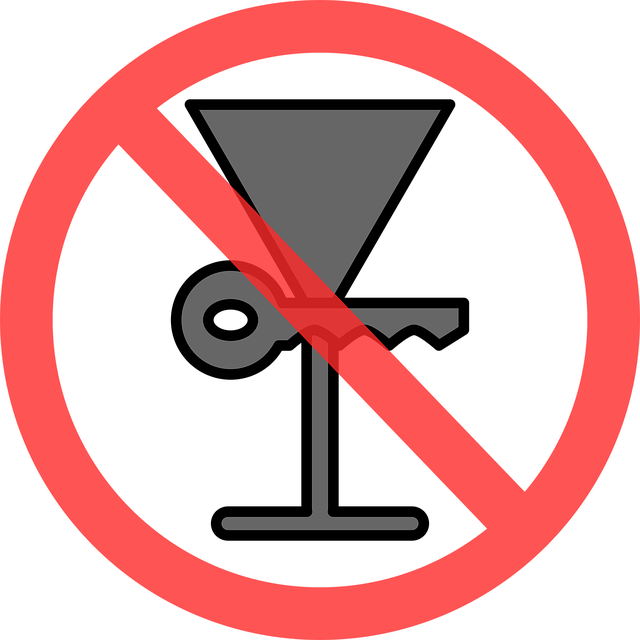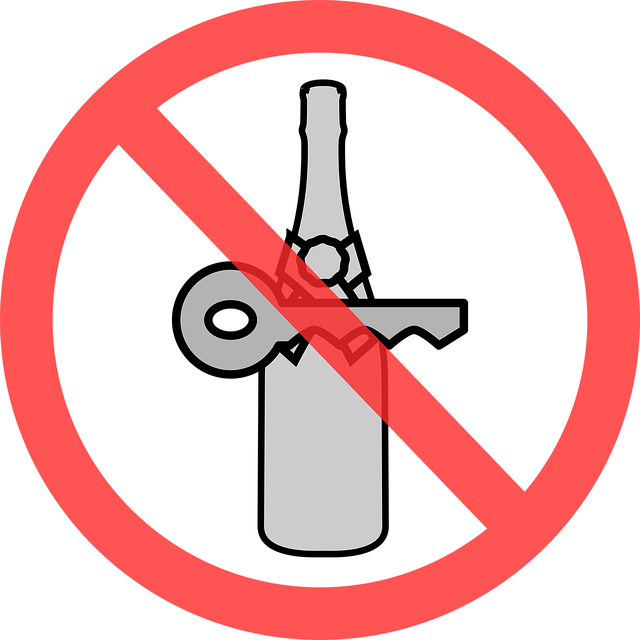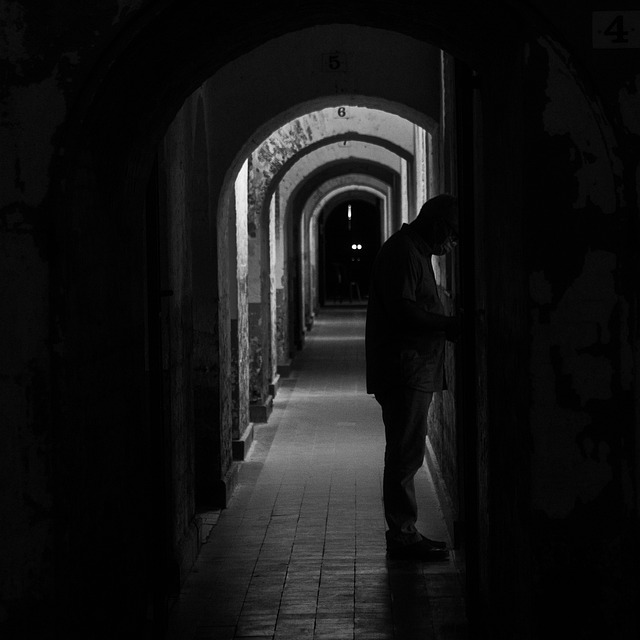Rural and urban DUI legislation differ significantly, with rural areas having less stringent laws and urban areas enforcing stricter measures. These disparities impact teen rehabilitation programs, affecting legal outcomes and reintegration strategies. Understanding these variations is crucial for tailoring support to teens' geographical contexts, ensuring effective recovery and long-term success regardless of location.
In the complex landscape of teen rehabilitation, understanding the nuances between rural and urban settings is crucial. This article explores the disparities in DUI laws, a key factor shaping rehabilitation outcomes, with a specific focus on rural vs urban jurisdictions. We delve into the unique challenges faced by teens in each environment, compare effective treatment approaches, and highlight strategies for successful reintegration. By examining these aspects, we aim to guide improvements in teen rehabilitation programs nationwide.
- Understanding Rural vs Urban DUI Laws
- Challenges in Teen Rehabilitation Programs
- Comparing Treatment Approaches: Rural vs Urban
- Strategies for Effective Teen Reintegration
Understanding Rural vs Urban DUI Laws

In many countries, DUI (Driving Under the Influence) laws vary significantly between rural and urban areas due to differing social dynamics and enforcement priorities. Rural communities often have fewer law enforcement resources, leading to less stringent DUI legislation. This can result in looser penalties for offenders, such as reduced fines or shorter licenses suspensions. In contrast, urban areas typically face higher drunk driving rates due to increased alcohol accessibility and a more diverse population. As a result, urban DUI laws tend to be stricter, with harsher penalties like mandatory ignition interlocks or extended license revocations to deter higher-risk behaviors.
Understanding these rural vs urban DUI legislation differences is crucial for teens involved in rehabilitation programs. The approach taken by law enforcement and the court system in each area can significantly impact the outcome of a case. Therefore, during their recovery journey, teens must be aware of these variations and adapt their strategies accordingly. This knowledge empowers them to make informed decisions and better navigate the legal process while focusing on their personal growth and getting back on track.
Challenges in Teen Rehabilitation Programs

Teen rehabilitation programs face unique challenges, particularly when addressing issues like substance abuse and reckless behavior. One significant factor is the disparity between rural and urban settings; this divide influences the availability and accessibility of resources. In urban areas, where access to specialized services and support networks is generally more abundant, teens might have easier access to treatment options. Conversely, rural communities often struggle with limited funding and fewer facilities, making it harder for teenagers to receive timely intervention.
Additionally, legislation related to DUI (Driving Under the Influence) varies between urban and rural jurisdictions, impacting rehabilitation efforts. Rural regions may have different legal approaches and penalties, which can affect the motivation of teens to participate in rehabilitation programs. Tailoring these programs to accommodate diverse geographical needs and legal frameworks is essential for their success in addressing the complex challenges faced by young individuals in need of guidance and support.
Comparing Treatment Approaches: Rural vs Urban

In the realm of teen rehabilitation, a significant consideration revolves around the contrast between rural and urban treatment approaches. While both have their merits, they often cater to distinct needs driven by geographical and social differences. Rural areas, characterized by smaller communities and vast landscapes, may offer more personalized and holistic programs that blend therapeutic interventions with the serenity of nature. These settings encourage reflection and healing through activities like outdoor therapy and farm-based education, addressing not just the teen but also their support systems.
In contrast, urban centers present a unique set of challenges and opportunities. With dense populations and diverse cultures, urban rehabilitation programs often focus on culturally sensitive approaches and specialized treatments for issues such as rural-to-urban transitions or unique urban risk factors. Additionally, access to specialized services like counseling, vocational training, and job placement is generally more readily available in urban settings. The Rural vs Urban DUI legislation also plays a role, influencing sentencing and rehabilitation options, further emphasizing the need for tailored interventions based on geographical context.
Strategies for Effective Teen Reintegration

Reintegrating teens into society after rehabilitation requires tailored strategies, especially considering the distinct challenges faced by those in rural and urban areas. In rural settings, where support systems might be less accessible, focusing on community engagement and mentorship programs can foster a sense of belonging. These initiatives could involve pairing teenagers with local mentors who can offer guidance and navigate the unique resources available in their region. For instance, rural communities often have strong ties to local businesses, which can provide internship opportunities or vocational training, enhancing the teen’s skills and prospects.
In contrast, urban areas present different challenges due to their diverse and fast-paced nature. Here, specialized programs addressing urban-specific issues like gang involvement or access to mental health services are crucial. Urban legislation regarding DUI (Driving Under the Influence) often differs from rural regions, with stricter penalties and more focused rehabilitation programs. Given these disparities, tailoring reintegration efforts to align with local laws and community needs is essential for successful long-term outcomes in teen rehabilitation.
In conclusion, understanding the nuances of rural versus urban DUI laws is pivotal to enhancing teen rehabilitation programs. The unique challenges faced in each setting demand tailored strategies for effective treatment and reintegration. By comparing and combining successful approaches from both environments, we can create more comprehensive and impactful programs that support young individuals on their path to recovery and responsible citizenship, regardless of where they call home. This shift not only aligns with the evolving landscape of DUI legislation but also ensures a more equitable and accessible system for all teens in need.






